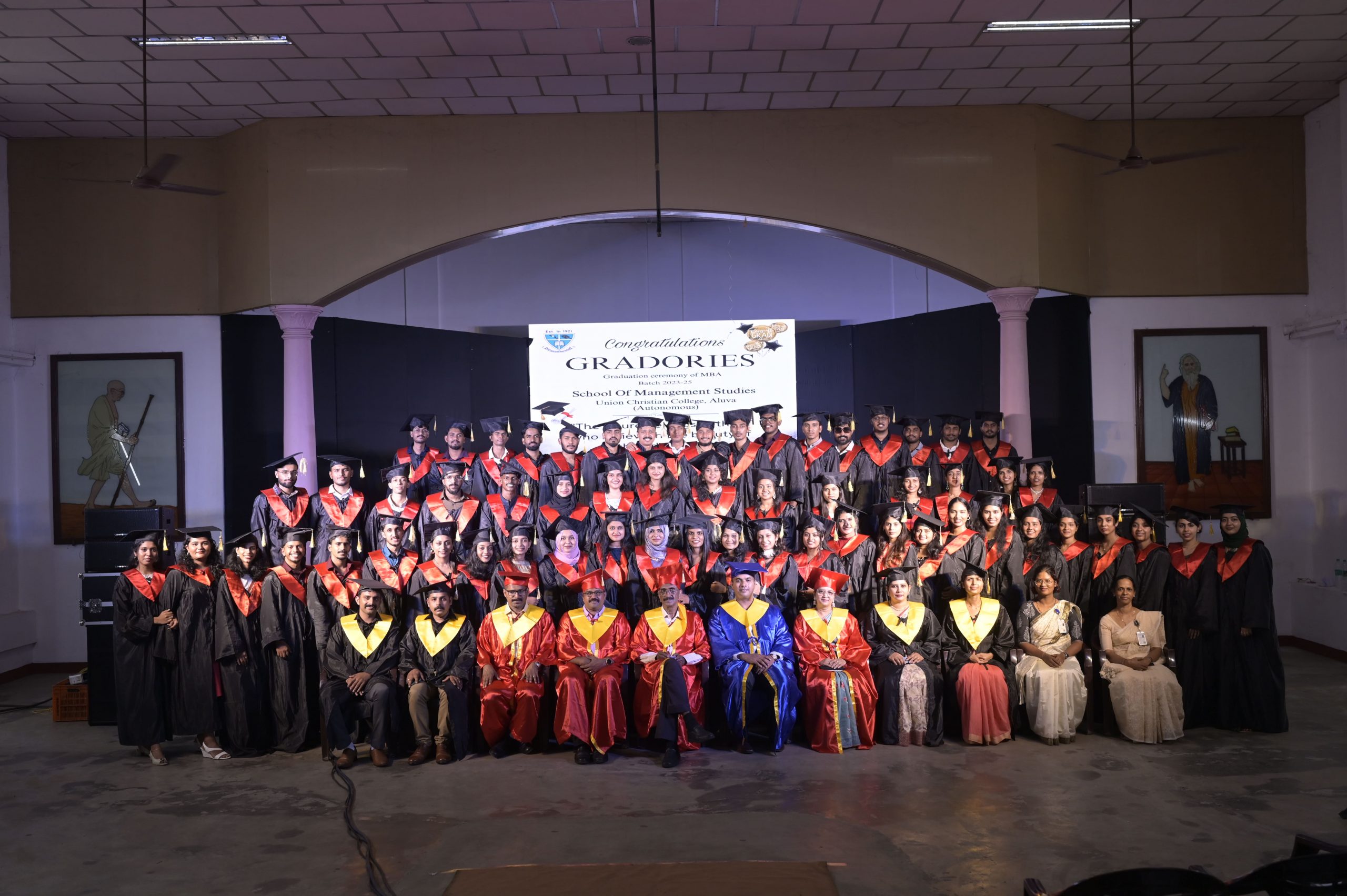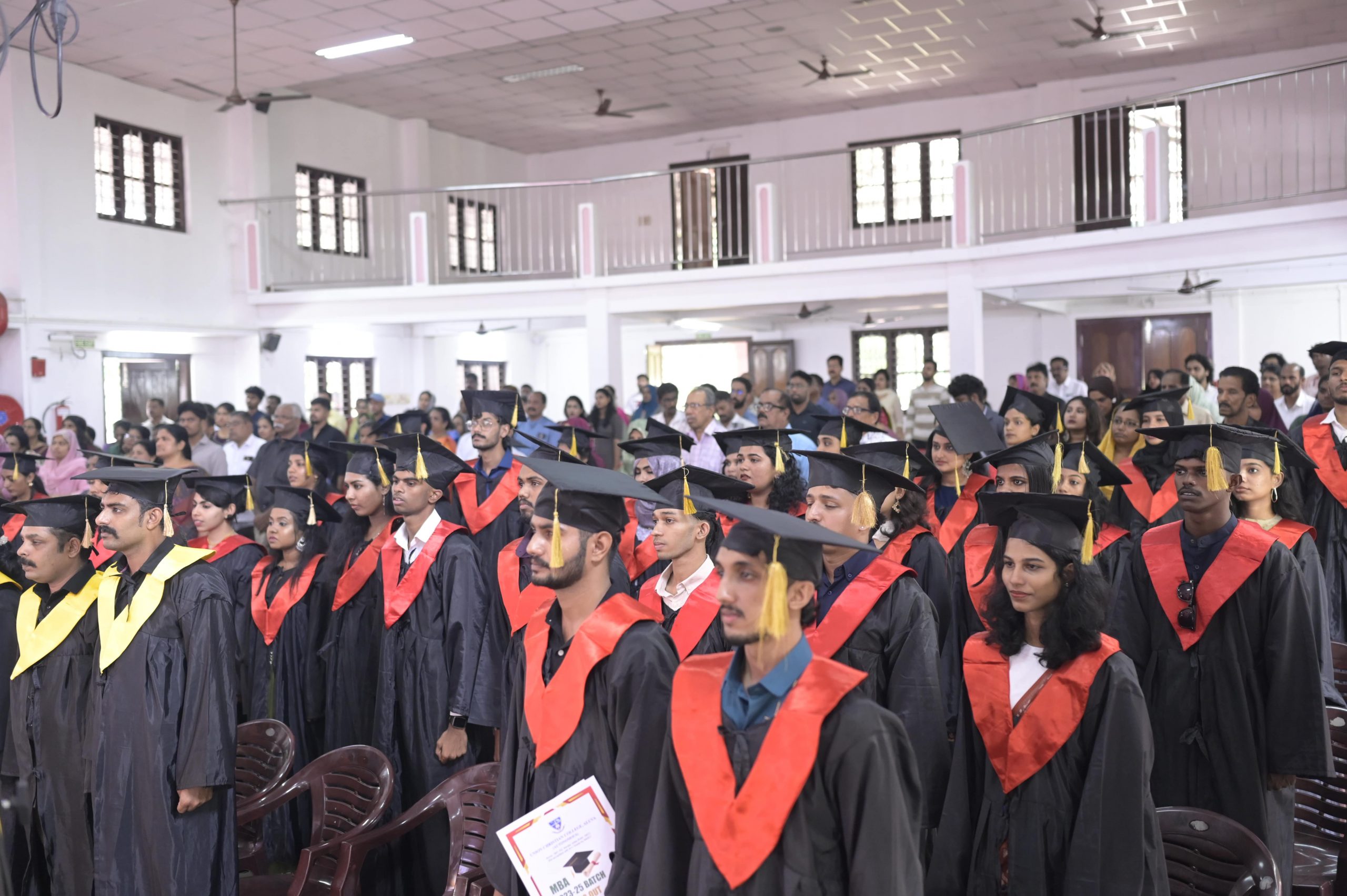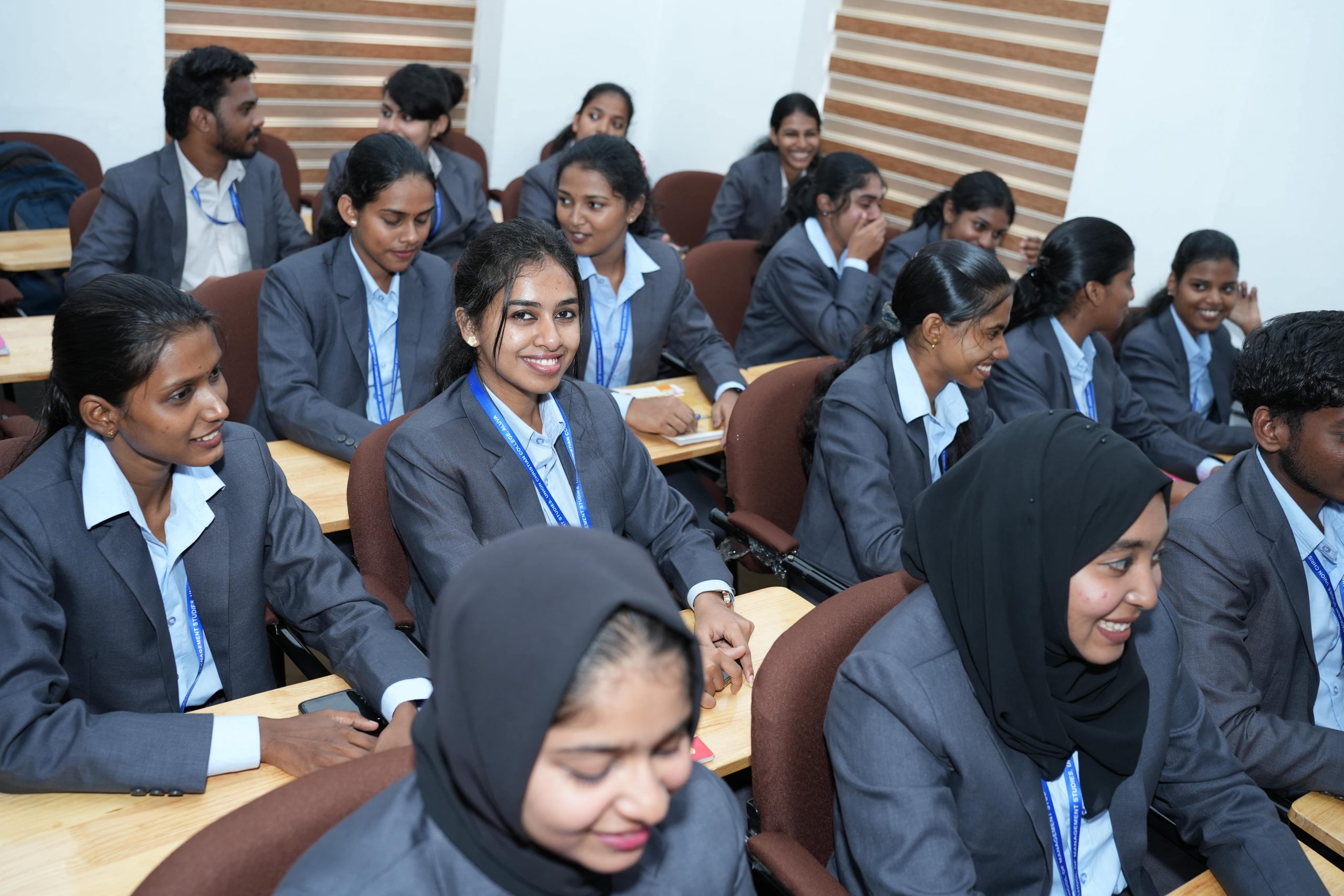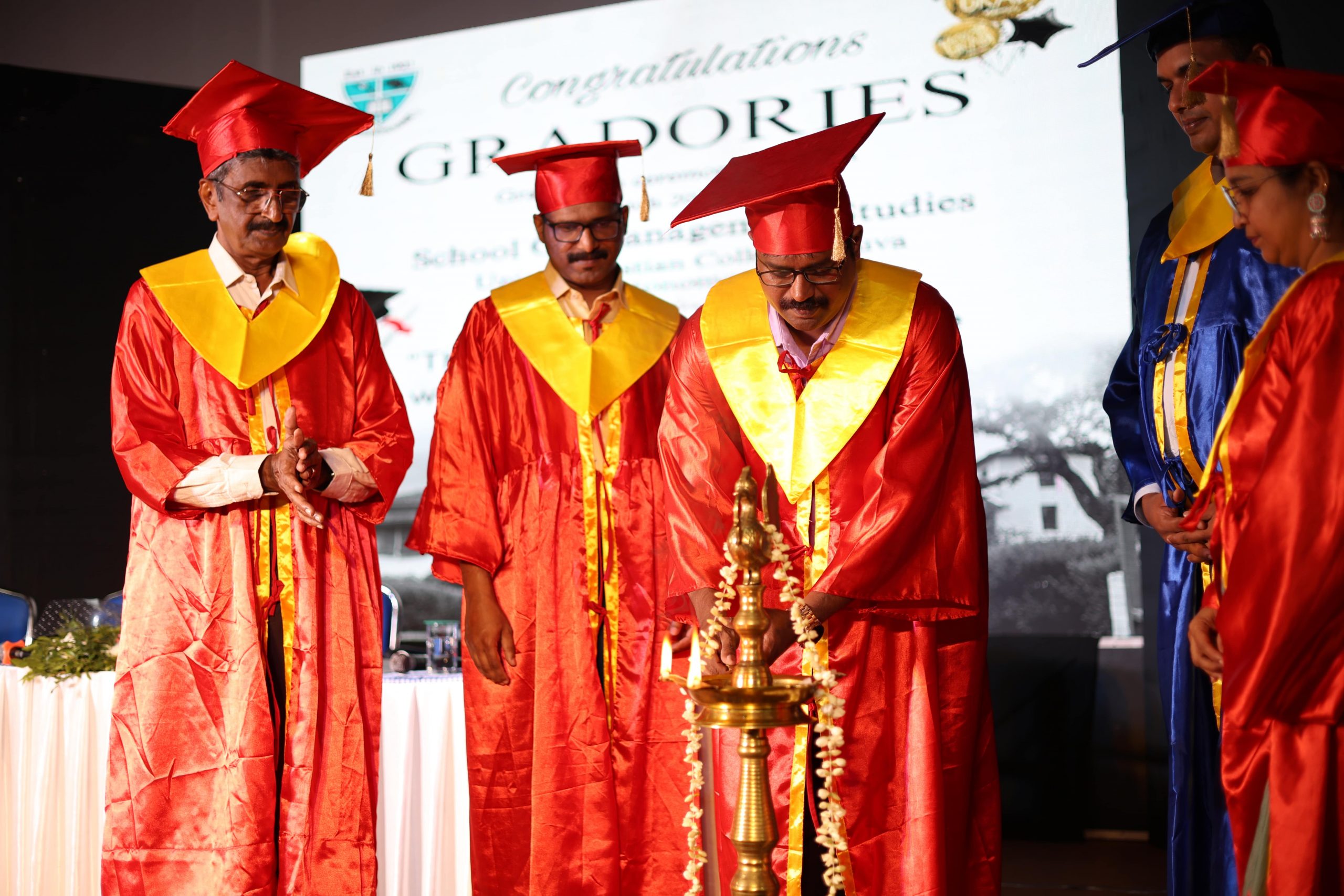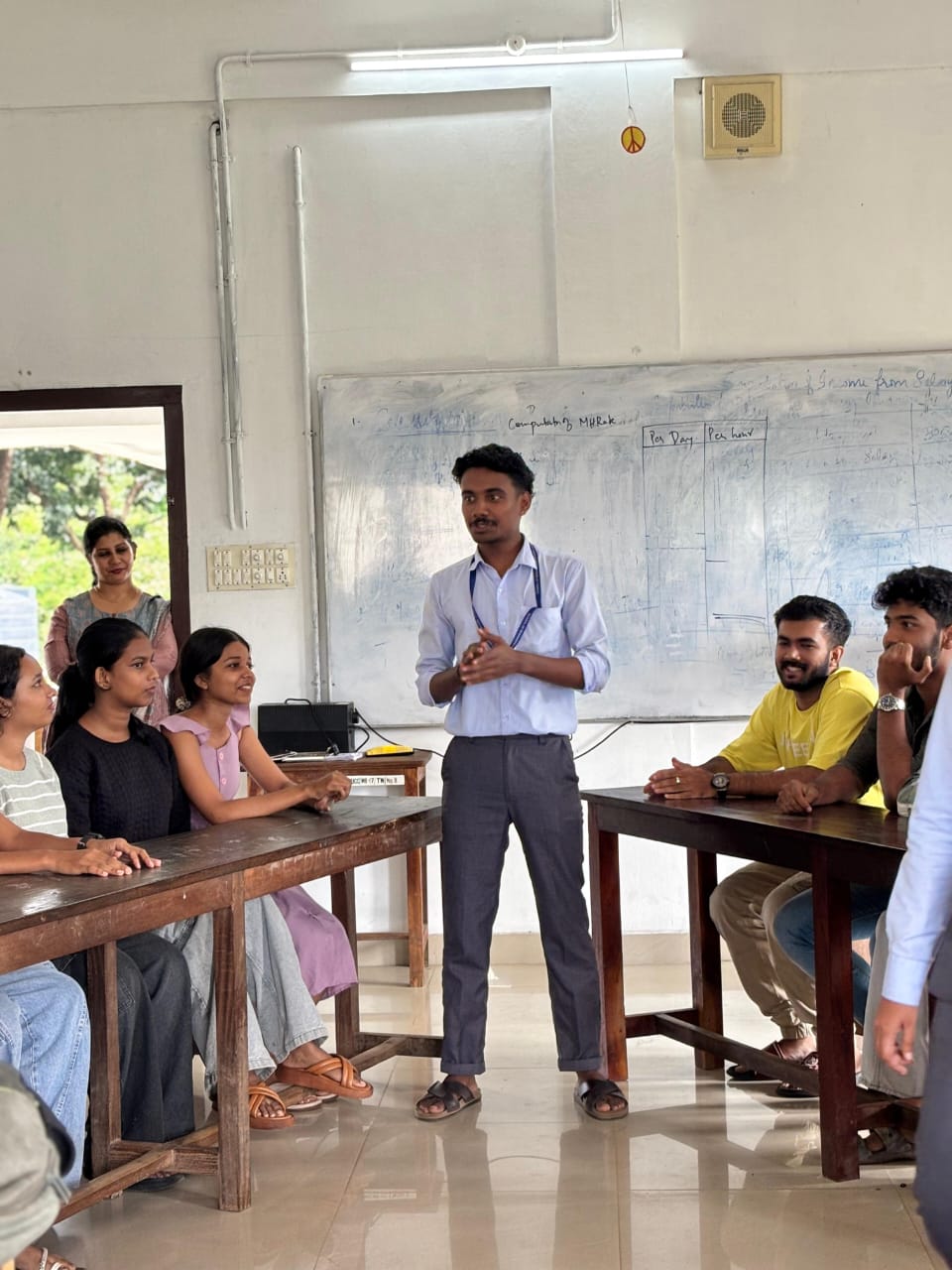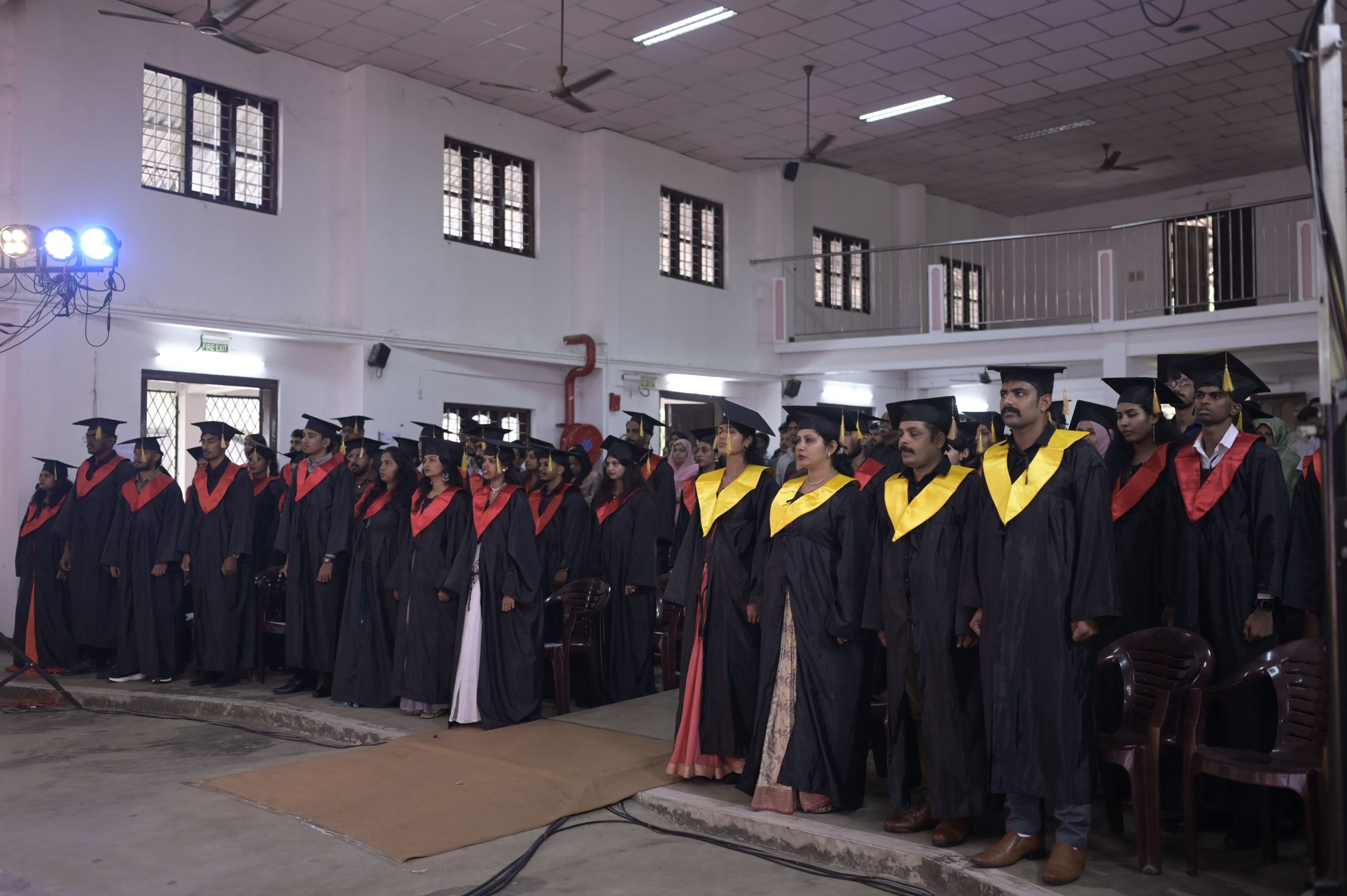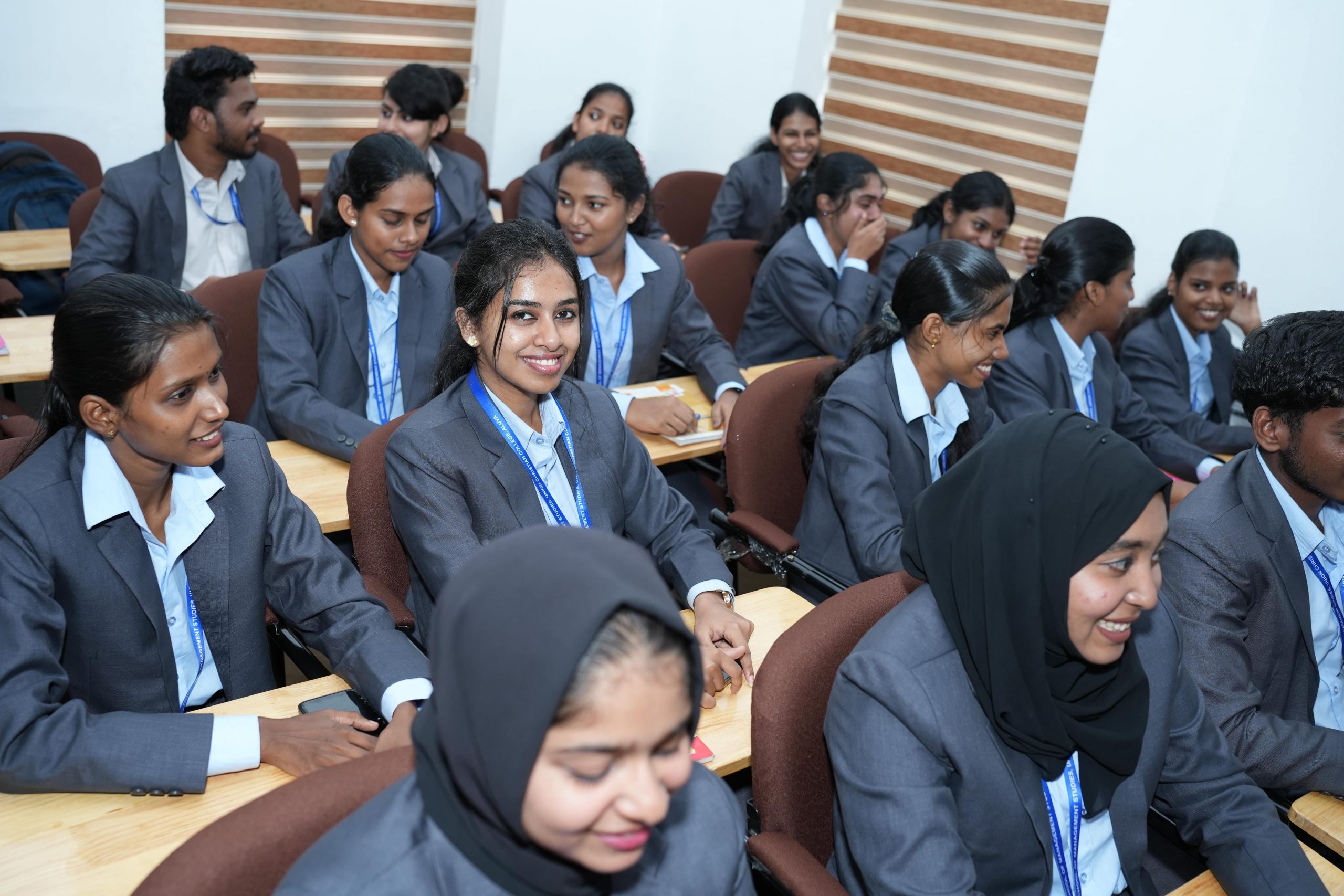Legacy

Union Christian College, Aluva is a premier educational institution in Kerala, South India, established in 1921 as a Centre of Higher Education and as a venture in inter-denominational co-operation among the four major non-catholic Christian denomination of South India viz. The Malankara Orthodox Syrian Church, The Malankara Jacobite Syrian Church, The Church of South India and the Malankara Marthoma Syrian Church, with the founding fathers of the College being, the late Mr. K .C. Chacko, the late Mr. A. M. Varki, the late Mr. C.P Mathew and the late Mr. V. M. Ittyerah
Mission
The Union Christian College aims at the wholesome education of the young to bring out the best in each individual. It strives to produce intellectually competent, morally upright, spiritually inspired men and women in the service of the country.
History
Union Christian College had its modest beginning in 1921 atop a hillock overlooking a relatively wild landscape, in building gifted by Maharajah of Travancore. The old court building (Kacheri Maalika) in which the college began is now a protected monument of the Dept. of Archaeology, Kerala State. The College was a bold and unique experiment in higher education. What began on a humble scale with a crop of five teachers and sixty-four students in residence, and next to no resources, has now grown into one of the foremost academic institutions in the southern part of India. The College now offers graduate courses in twelve disciplines and postgraduate courses in eight. The eight research department here are engaged in meaningful academic activity. The College runs enrichment courses in the frontier areas of Archaeology, Tribal Studies and Wildlife Management, and in technological areas like Information Science and Computer Applications
Union Christian College was the product of a purely indigenous initiative. It adopted on its inception, a residential system which has much in common with the Gurukula tradition. Rabindranath Tagore, while blessing the first residential building on the Campus, in 1922, observed that the College had features reminiscent of his own Viswabharati.
The visit of the Guruji was not an accident. It is the index of the admiration commanded by the institution from among men of eminence. Mahatma Gandhi, himself, found it fit and worthwhile to visit the College in response to the invitation of the College community. During a quite hot phase of the freedom struggle, in 1925, the Mahatma addressed the teachers and students of the College and initiated them into the national movement. At a time when most Christian institutions would be reluctant to invite a leader of the freedom movement, the College had the courage of conviction and deep commitment to display an open posture. That is why the Mahatma wrote in the visitor’s diary of the College that he was “delighted with the ideal situation”. The mango sapling planted by Gandhiji still graces the Campus and remains a hallowed spot.
While taking a definite position vis-à-vis the national movement, Union Christian College remained secular and cosmopolitan enough to nurture an east-west dialogue. A procession of teachers from Oxford and Cambridge lived and taught here, and interacted with the cream of Indian intelligentsia. The presence and participation of the finest teachers from India and abroad laid down the composite ethos of the Institution. Acdemic stalwarts like Prof. T. S. Venkataraman, Prof. A. Aruvamuda Ayyangar, Prof.D. P. Unni, Prof. Kuttippuzha Krishnapillai and the founders of the College, freely interacted with intellectuals like Bishop Stephen Neil, W.E.S. Holland and Malcolm Muggeridge. Muggeridge speaks at great length of his experiences here, in his celebrated autobiography
The year-long Platinum Jubilee celebration of the College was launched by the President of India, H. E. Dr. Shanker Dayal Sharma, on Feb., 14, 1996. Following the celebrations, a series of developmental projects were launched. The College was awarded the R. Sankar Award in 2005 for the best private special grade college in the state adjudged by Government of Kerala. The College was accredited at the five star level in 1999 and recently reaccredited with `A++’ level in 2024 by the National Assessment and Accreditation Council (NAAC).
